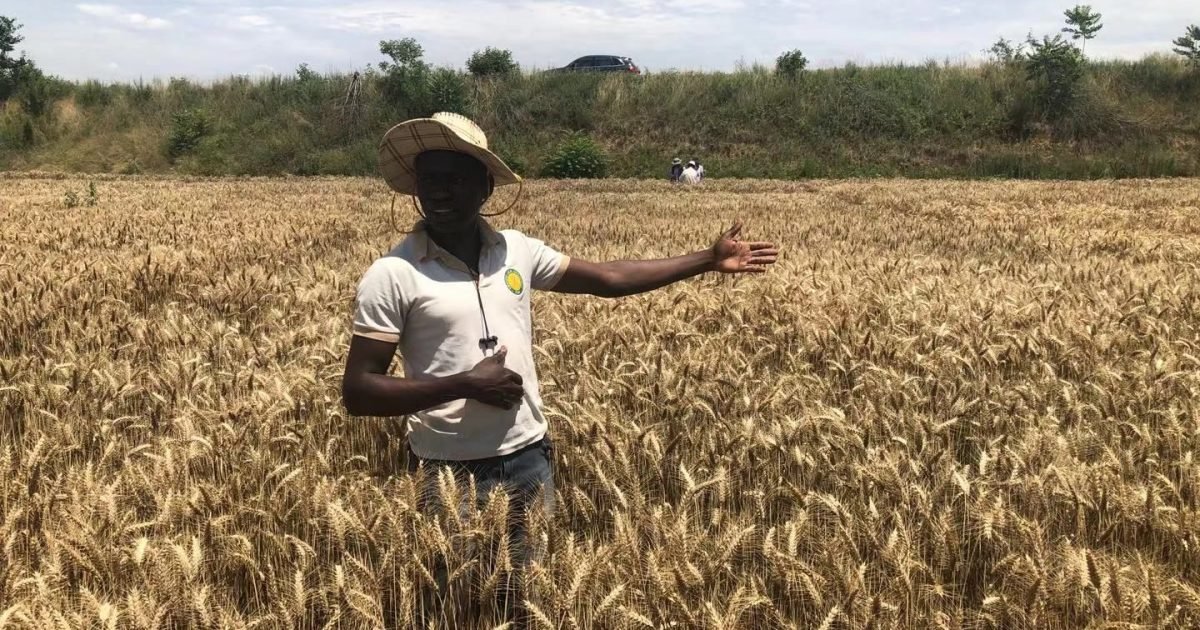Efforts in West and Central Africa are ramping up to reach wheat self-sufficiency as the Second Regional Summit on Wheat Production in West Central Africa is set to take place in Abuja on October 2-3, 2024.
The summit will bring together delegates from various countries in the region like Nigeria, Cameroon, and Chad to tackle the critical need for improved regional agricultural capabilities.
During a preliminary media briefing in Abuja, Prof. Benjamin Ubi, the Regional Coordinator of West and Central Africa Wheat, emphasized the importance of implementing strategic policies urgently.
“This event signifies a significant step in our joint endeavors to enhance food security and economic progress within our region,” he stated.
Ubi highlighted that Nigeria currently imports about six million metric tonnes of wheat annually, costing approximately $3bn.
“Just envision if we directed half of this expenditure towards research and development; we could sustain our wheat production and potentially even export excess,” he suggested.
He also pointed out that recent geopolitical tensions, such as the Russia-Ukraine conflict, have exposed vulnerabilities in global food supply chains.
Ubi stressed the importance of regional collaboration, stating, “It is crucial for us to collaborate to mitigate vulnerabilities in our food supply chain and ensure food sovereignty.”
He called for the implementation of national wheat strategies across the region.
Baba-Gana Kabir, the Executive Director of the Lake Chad Research Institute, echoed the plea for governmental backing in agricultural ventures.
“The commitment from the Federal Government of Nigeria to reduce food imports and achieve self-sufficiency in food production is evident. We urge them to expedite the execution of the wheat roadmap and support our research endeavors,” he commented.
Kabir highlighted various essential interventions needed for success, including establishing a robust extension system to disseminate research findings to farmers, enhancing mechanization for increased efficiency, and boosting funding for agricultural research.
“To attain self-sufficiency in wheat production, a strong extension system is imperative,” Kabir emphasized.














Leave a Reply